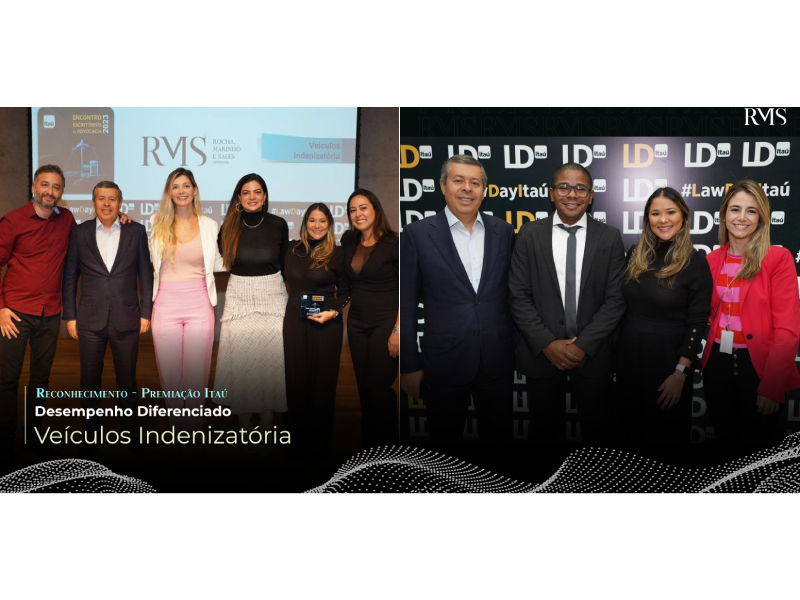
(PT) Proposta de Mudança no Prazo de Ação Rescisória pelo STF – com comentário de Tiago Asfor Rocha
Sorry, this entry is only available in PT.

It is essential to make resources available and foster creativity and the ability to solve real problems in studies.
The advancement of technology is progressive and exponential. One of the consequences of this fact is the inevitability of, sooner or later, exchanging gadgets for newer models. Conversely, when this is not done, some updates become unavailable. Therefore, there is an incompatibility between the new technology and the specific gadget.
In legal education, keeping the proportions of the analogy, verifying the transformation of society, economy and, consequently, of the phenomena that need to be protected by law, it is not appropriate to maintain archetype and didactics that adjusted to past realities, as the competences demands of today’s professionals do not match those of the recent past.
It is essential to provide resources and foster creativity and the ability to solve real problems in studies. The destination of the investigations and all the knowledge acquired in the initial training of legal professionals, regardless of the chosen career, is, it should be stressed, to solve existing problems in reality. The archetype and didactics of legal education should, therefore, promote the development of skills that result in analytical and creative reasoning for structuring viable, specific and innovative solutions.
The objectives of these skills are, in short, associated with creativity, management of offices and legal departments, conflict prevention and new technologies. Some examples: perceiving problems in an interdisciplinary way, linking legal expertise, understanding about business and understanding about behavior; be familiar with consensual conflict management; transform the demands of legal management into standardized operational flows; organize indicators and metrics to analyze everyday tasks; carry out the demands approach based on risk analysis; observe the delivery of legal services from the perspective of project management; identify patterns and trends in large amounts of data; to know, even if minimally, programming languages and the operation of algorithms; develop new services and solutions.
Along with these skills, it is also emphasized the importance of legal education to adequately prepare future professionals regarding subjective skills, soft skills, essential to build and maintain consistent relationships, inside and outside organizations.
It is possible to highlight, in the legal area, the demands of active listening to understand the demands of related parties, adequately transmitting assertive responses (communication); understand the real need of these subjects from the operation and peculiarities of their business or relationships (empathy); seek innovative and effective solutions (creativity); and stay motivated to face and overcome challenges (resilience).
Legal professionals need to be permanently passionate about performance and the activities they perform. After all, without passion and enthusiasm, it is not possible to achieve excellent results. These are essential ingredients to favor new skills and soft skills.
By: Wilson Sales Belchior

Sorry, this entry is only available in PT.

We took part in the "Law Firms Meeting 2023" event in the city of São Paulo and were awarded by Itaú in the Indemnity Vehicles category...